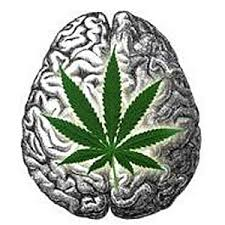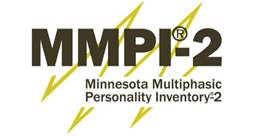Researcher: Prof. Irit Akirav
Revealing the therapeutic potential of cannabinoids for the prevention and treatment of post-traumatic stress disorder (PTSD), depression and other stress-related disorders.
Background
According to a 2001 World Health Organization report, 450 million people around the world have some form of mental disorder or brain condition. As many as one in four people meet the criteria of a mental disorder at some point in their life, making it a target for more effective and cost-efficient therapies.
Cannabinoids can be studied as a potential therapeutic target for the treatment of disorders that involve stress and anxiety such as PTSD, depression, pain, compulsive disorder, schizophrenia and eating-related disorders.
Therapeutic potential of cannabinoids
Prof. Irit Akirav is director of the Laboratory for Learning and Memory in the University of Haifa's Department of Psychology, and chair of the Department of Psychology. Her research focuses on the involvement of the endocannabinoid system in stress, memory and plasticity. One of the main interests in the lab is studying the therapeutic potential of cannabinoids for the treatment of post-traumatic stress disorder (PTSD), depression and other stress-related disorders.
Research Status
By employing multidisciplinary approaches which include behavioral, pharmacological, electrophysiological, and molecular techniques Prof. Akirav studies the processes underlying the role of cannabinoids in modulating normal and pathological memory in rat models.
Currently, the research is focused on studying the therapeutic potential of cannabinoids for the treatment of post-traumatic stress disorder (PTSD), depression and other stress-related disorders.
PSTD prevention and treatment: The research team in the Laboratory for Learning and Memory has shown for the first time that enhancing endocannabinoid signaling in the aftermath of exposure to a traumatic event can prevent the development of post-trauma symptoms as well as the stress-induced alterations in plasticity in the brain’s fear circuit. These alterations in plasticity are closely associated with the development of post-trauma symptoms. Moreover, chronic treatment with cannabinoids after the development of PTSD-like symptoms ameliorated these symptoms.
This work extends our understanding of the role of the endocannabinoid system in stress and specifically, the role of this system in the development of PTSD.
Stress: In a series of studies they have also found that cannabinoids can prevent the deteriorating effects of acute and chronic stress on learning and brain plasticity as well as on emotional function.
Contact us for further information.



